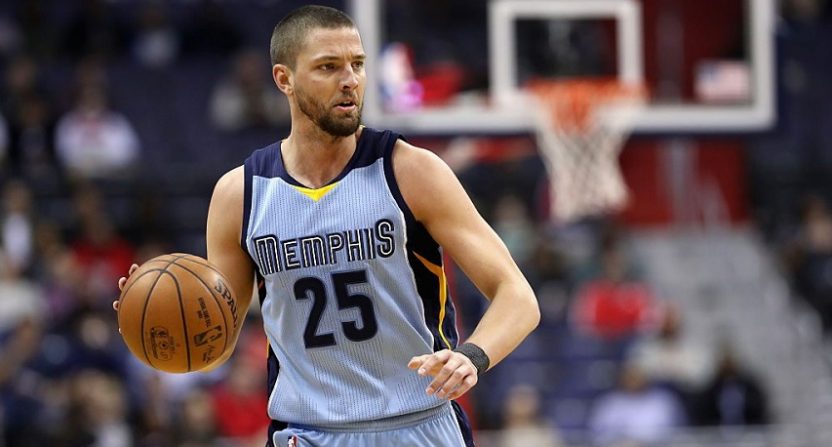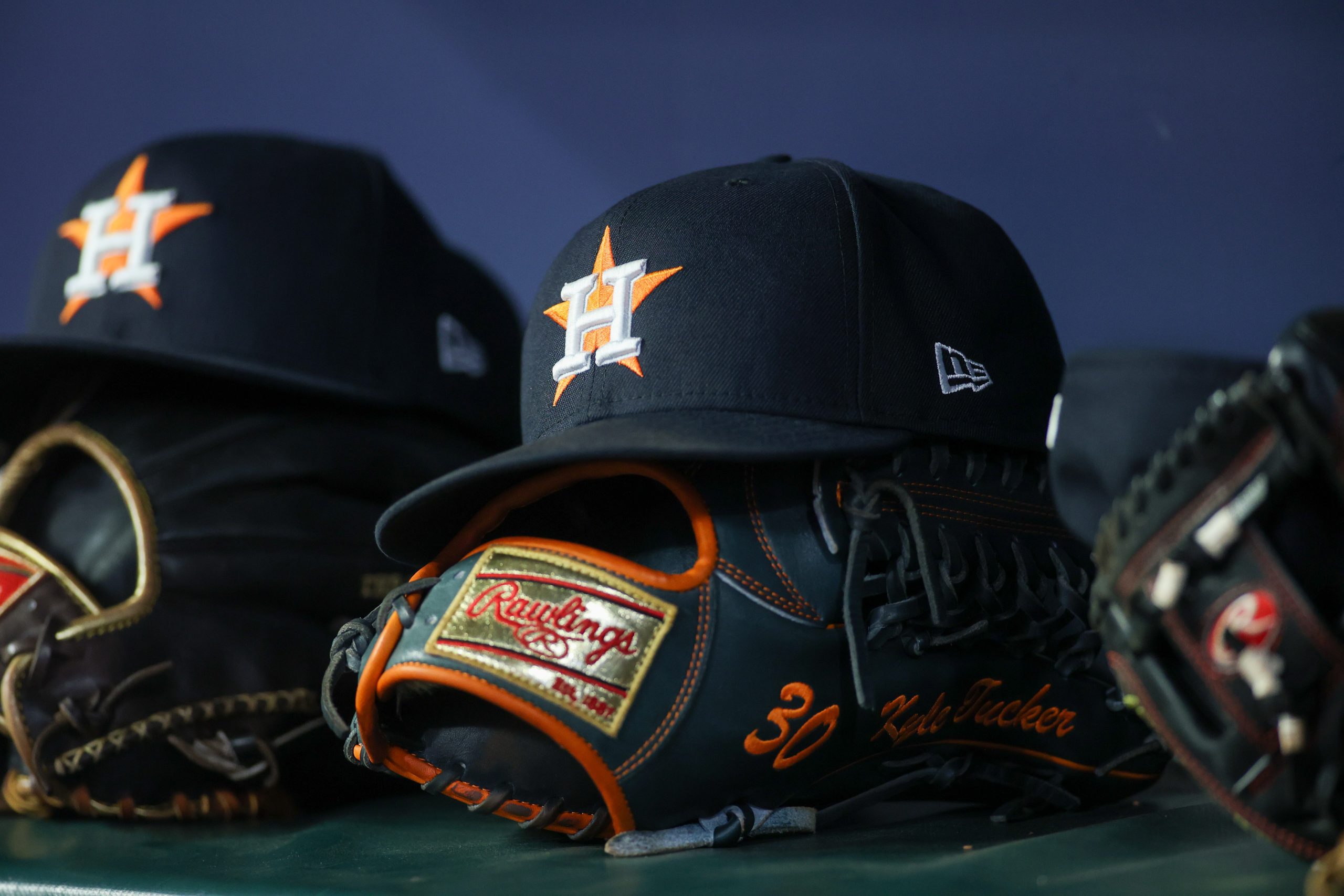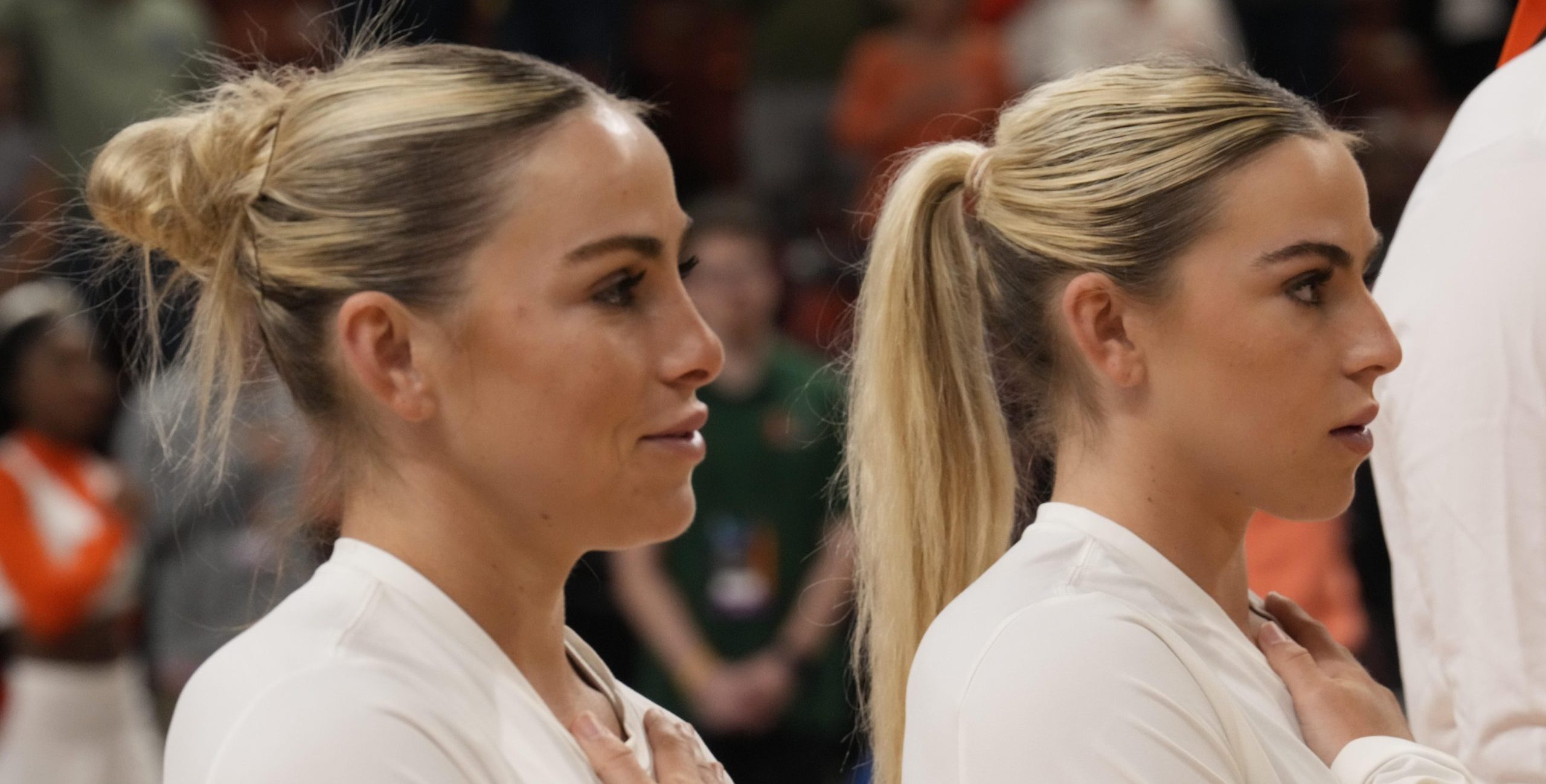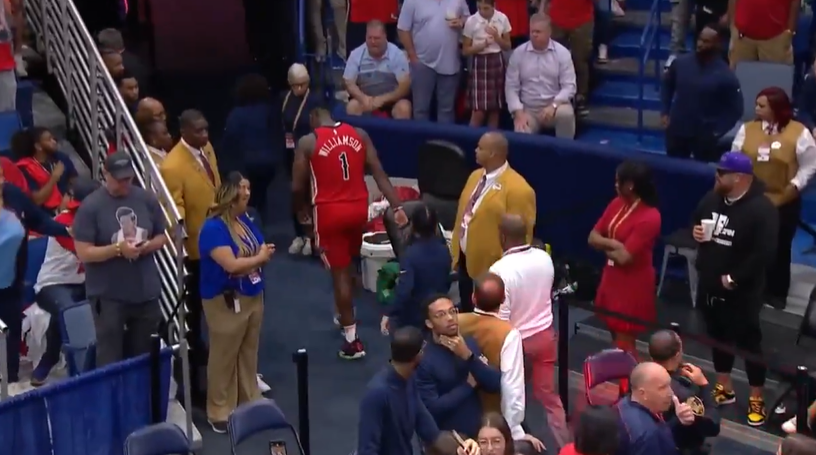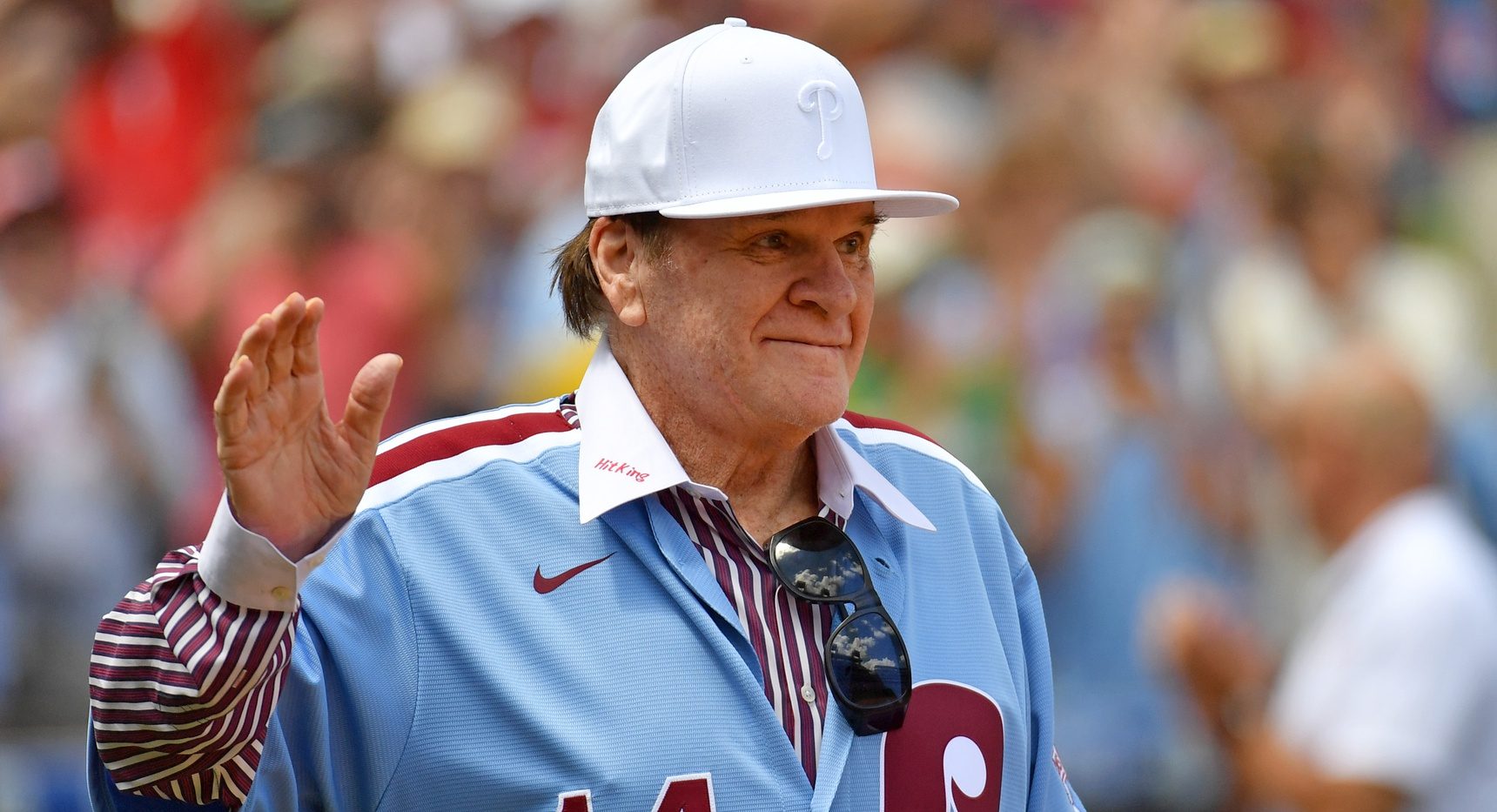Navigating through NBA free agency is no small task for general managers eager to bolster their roster. Making winning offers to available players based on their perceived marketplace value isn’t an exact science. There’s plenty of guessing within negotiations. Sometimes, offers can be way too low or high.
As is the case for players listed below, GMs throughout the league greatly overplayed their hand, during the offseason overpaying on contracts that are already dead weight. These are the most regrettable deals signed during the offseason, along with a look ahead to players who talent evaluators and executives are most likely to overvalue in next offseason’s NBA free agent class.
Joakim Noah, New York Knicks – Four years, $72 million
Back in December, I asserted Noah’s deal was becoming the worst in the NBA. Almost four months later, it’s an undeniable fact.
https://www.youtube.com/watch?v=YxurMcoYK68
Noah’s provided little value beyond defense in New York. He can’t shoot and doesn’t score (5.0 points per game, 43 percent from the line). Those struggles aren’t new, but at 32, Noah’s can’t stay healthy and didn’t impact games when active. Making things worse, the Florida alum was also suspended 20 games for taking a banned substance. “Nightmarish” doesn’t fully describe Noah’s season.
Simply put, Noah hasn’t returned to his Chicago Bulls-peak form. It’s not unreasonable to suggest his play will continue to decline. At an average of $18 million for the next three years, the Knicks are stuck with Noah and his hilariously awful cap hit.
Timofey Mozgov, Los Angeles Lakers – Four years, $64 million
Mozgov’s shocking contract drew ire from fans and executives alike, as the dollar commitment was bananas for a backup center who’s never really posted gaudy numbers.
In his first season in Hollywood, Mozgov’s play hasn’t justified the contract. He’s averaging 7.4 points per game, 4.9 rebounds, 0.6 blocks and 51 percent shooting from the field. Those are fine numbers for any backup big, but nowhere near good enough for a player earning $16 million per season.
Whether he makes it through next season in Lakers uniform is questionable. Along with Luol Deng, Mozgov was a last-ditch attempt by former Lakers GM Mitch Kupchak to blend together random vets with the team’s young core. It didn’t work. Rookie Ivica Zubac, 20, is already putting up better numbers, so if Magic Johnson can find a taker for his contract, Mozgov is gone. For now, he’ll collect his paycheck and rack up DNP’s for the rest of 2016-17.
Evan Turner, Portland Trail Blazers – Four-year, $70 million
https://www.youtube.com/watch?v=nlOPnmk2dK0
Turner continues to be an odd fit on Portland, as the playmaking forward doesn’t have the same freedom in Terry Stotts’ offense as he did under Brad Stevens in Boston. The 28-year-old’s numbers have dipped across the board, posting 9.1 points, 3.8 rebounds, and 3.1 assists. Turner can’t shoot the three, with a 27 percent success rate, and his 42 percent shooting mark leaves a lot to be desired. To be fair, he’s battled injuries, but nothing has come easy for Turner in 2016-17.
With a -192 plus/minus and a -0.3 VORP (Value Over Replacement), Turner hasn’t helped the Blazers on the court. He still has skill as a switchy, versatile guard-forward, but until he becomes more efficient, he’s hurting Portland. Hopefully, Turner can figure out his role and expand on it. Because right now, he’s an expensive, unhelpful depth piece.
Kent Bazemore, Atlanta Hawks – Four-year, $70 million
Bazemore turned his hard-working attitude and tenacious defense into a mammoth deal in Atlanta. However, with an expanded role, Bazemore hasn’t upped his game. Instead, he’s been a mediocre offensive presence.
Bazemore is averaging fewer points (11.0 vs 11.6) on more shots (10.1 vs 9.7) from season to season. The 27-year-old hasn’t found his long-range stroke (down from 35 to 33 percent) and is missing two-pointers — shooting 44 percent — at the worst rate since his rookie campaign. Unlike Mozgov and Noah, Bazemore still helps the Hawks despite poor shooting numbers. I’m not fully convinced his contract is a sunk expense. But Bazemore needs to improve his game somehow. At his current rate, his production doesn’t cut it.
Chandler Parsons – Memphis Grizzlies – Four-year, $95 million
Memphis had the right idea to bring in Parsons, who proved to be a versatile scorer and consistent offensive force in Dallas. However, the four-year max contract has provided the smallest return of any deal given out this summer.
Can confirm Grizzlies small forward Chandler Parsons having meniscectomy procedure on left knee Monday, and will miss rest of season.
— Michael Wallace (@MyMikeCheck) March 19, 2017
Knee injuries have prevented Parsons from becoming fully acclimated in Memphis. He’s missed more than half the season so far and looks like a shell of his former self when out on the court. Averaging just 6.2 points in just under 20 minutes, it’s unfair to criticize Parsons’s percentages as he’s never looked fully healthy. His movement on the court is stagnant, his mobility disappeared. Parsons clearly labored.
https://www.youtube.com/watch?v=oFSwJ-2iXVY
That’s definitely a problem for Memphis, which invested a heck of a lot of money in a player who’s struggled to stay on the court. All the Grizzlies can do is bank on his health going forward, a scary thing to put faith into.
Who could be next?
Mason Plumlee, Denver Nuggets – (Bird Rights)
https://www.youtube.com/watch?v=33CF2FZZwZU
Plumlee is an excellent passer and efficient scorer. But his fit outside the Nuggets on a big contract is questionable.
The eldest Plumlee brother isn’t a great defender and can’t shoot from distance. In today’s NBA, on my team, that’s the kind of player I would stay away from. Sure, the 27-year-old does some nice things offensively, but with a contract that likely will exceed $15 million per season, buyer-beware. On a small deal, he’d be welcome on every team in the league. But he’s a poor investment otherwise.
Zaza Pachulia, Golden State Warriors
Pachulia reads similarly to Mozgov’s pitch: He’s an efficient scorer, a decent rebounder, and an OK passer who’s starting on one of the league’s best teams.
Deep down, I want to believe NBA GMs will look at Pachulia’s body of work, determine he’s a backup center and make offers accordingly. But after Mozgov’s doozy of a contract, anything is possible. Personally, investing anything more than a one-year, $5 million deal is absurd for the 33-year-old. Unfortunately, desperate NBA executives will probably offer him a multi-year, double-digit million contract. There’s little incentive here.
James Johnson, Miami Heat
https://www.youtube.com/watch?v=moSVa77VQ-g
Johnson has been a revelation in Miami, putting up an unlikely career-best season at age 30. Becoming an integral piece for the Heat, Johnson’s positioned himself for a significant payday. Averaging a career-best 12.4 points, 4.8 boards and 3.5 assists, Johnson’s versatility on both ends of the court has been utilized well under Erik Spoelstra.
So why is Johnson on the list? Well, I’d be wary of offering him a big, long-term deal. Johnson — who was in in the D-League just three seasons ago — seems like a product of his environment. Without a de facto scorer, Miami has asked Johnson to do a lot. I don’t think his role can be replicated elsewhere. He’s also got flaws. He tries to do too much, takes bad shots, isn’t a great three-point shooter (despite the early season mirage) and turns over the ball quite a bit.
I’m hoping I’m wrong and Johnson can continue his late-career renaissance, but wouldn’t bet serious money on it if I was a GM. Johnson deserves to get paid, however.

